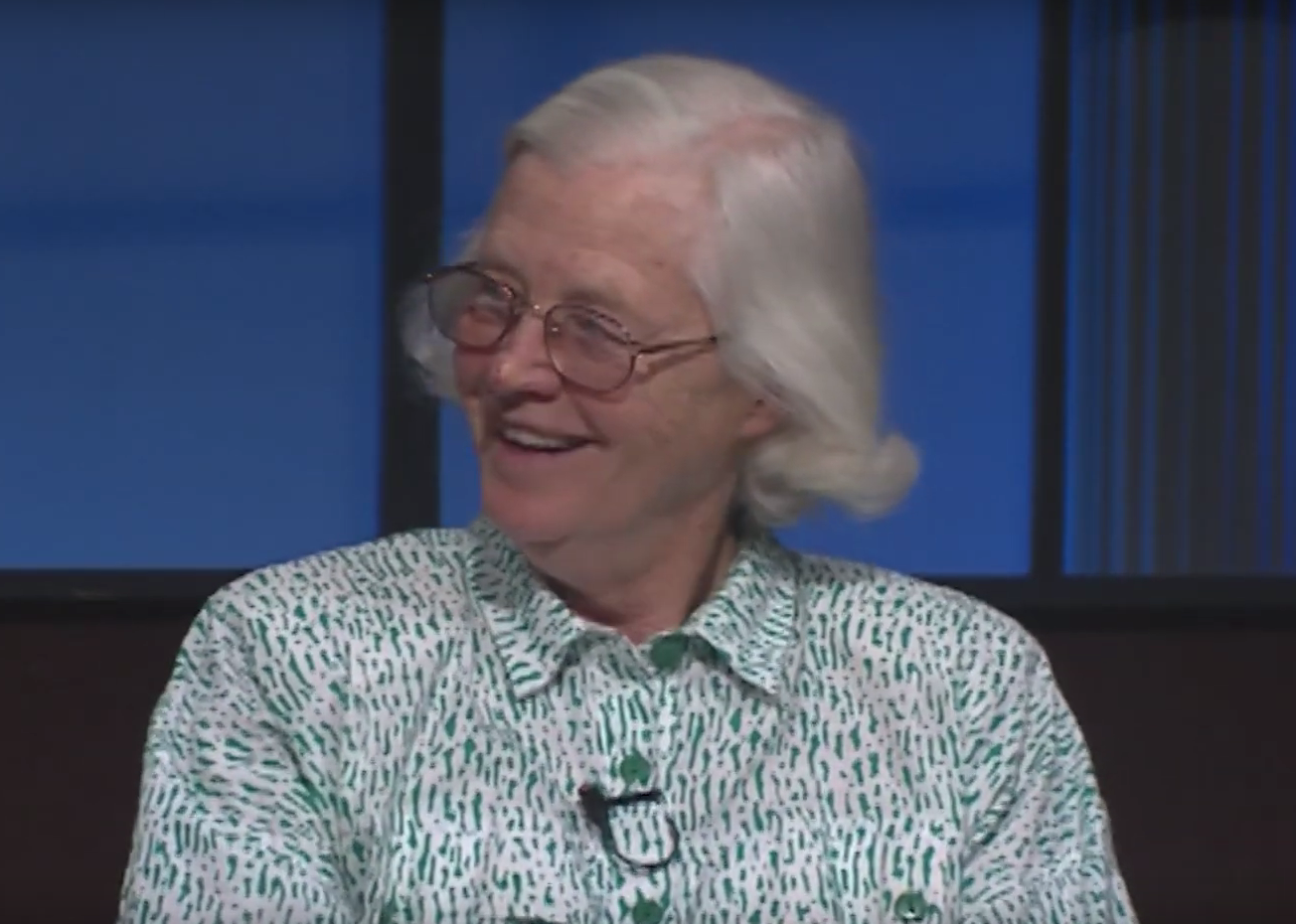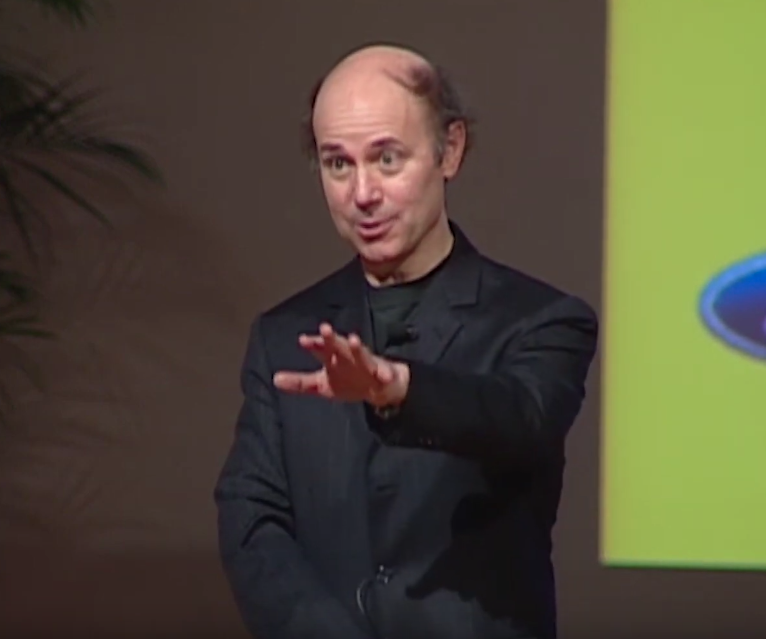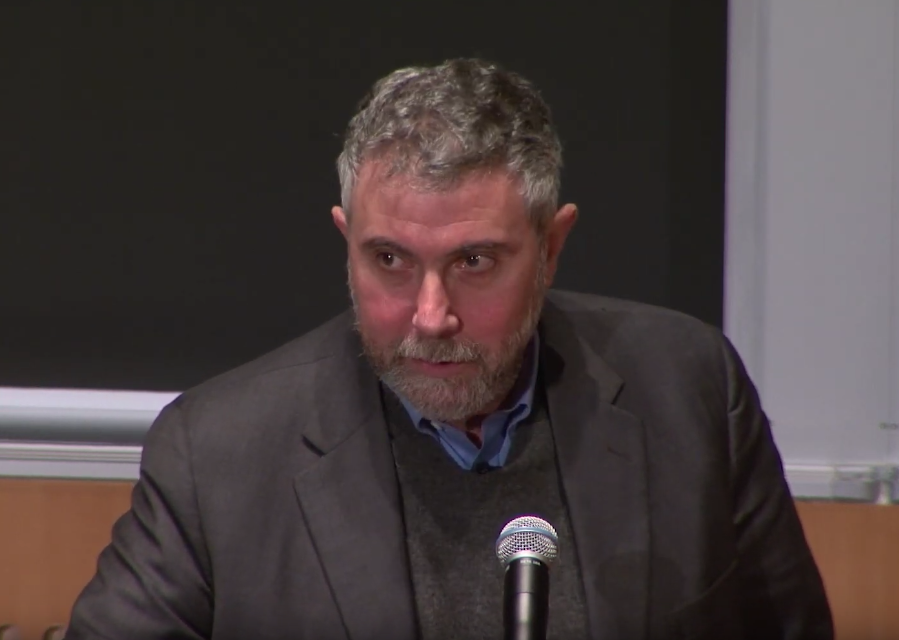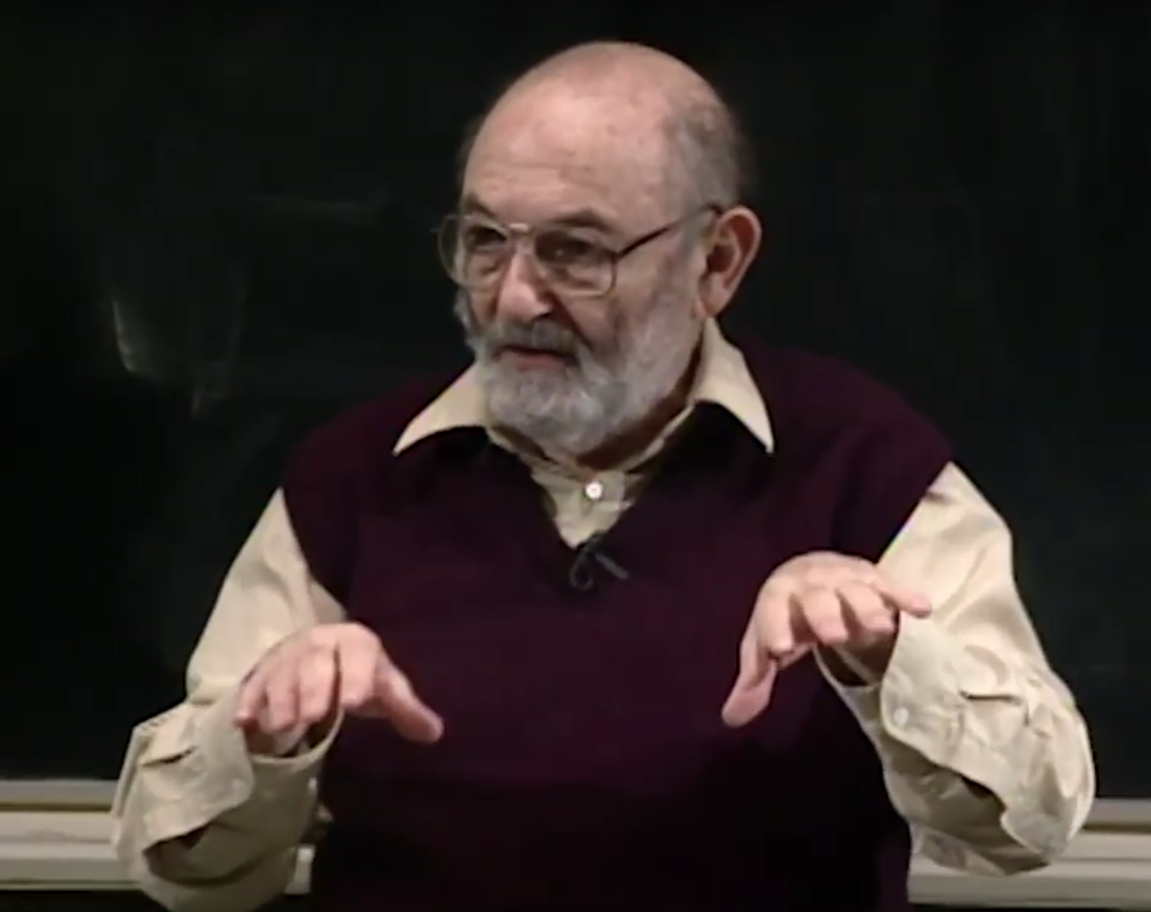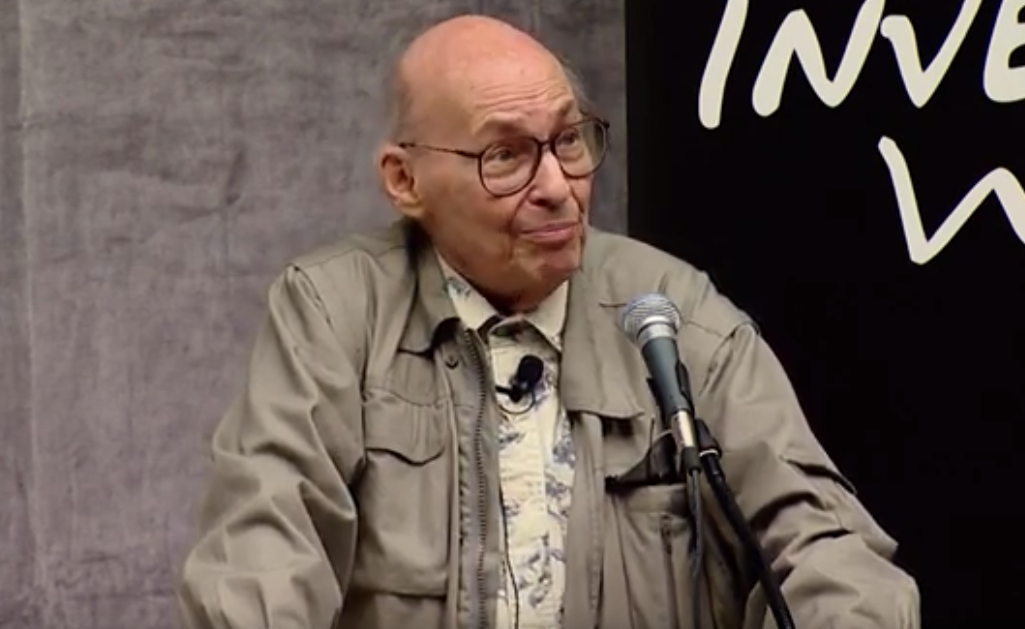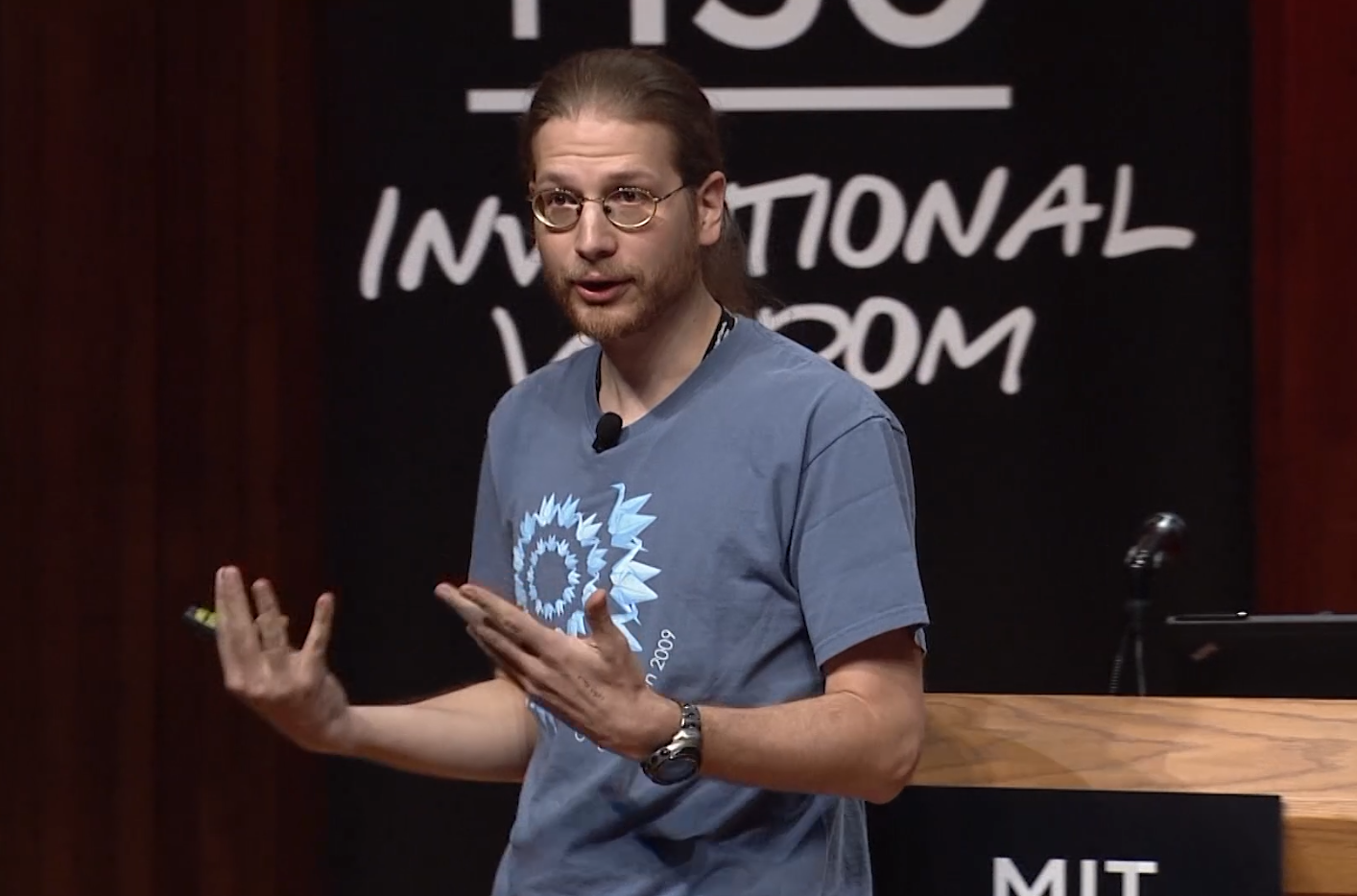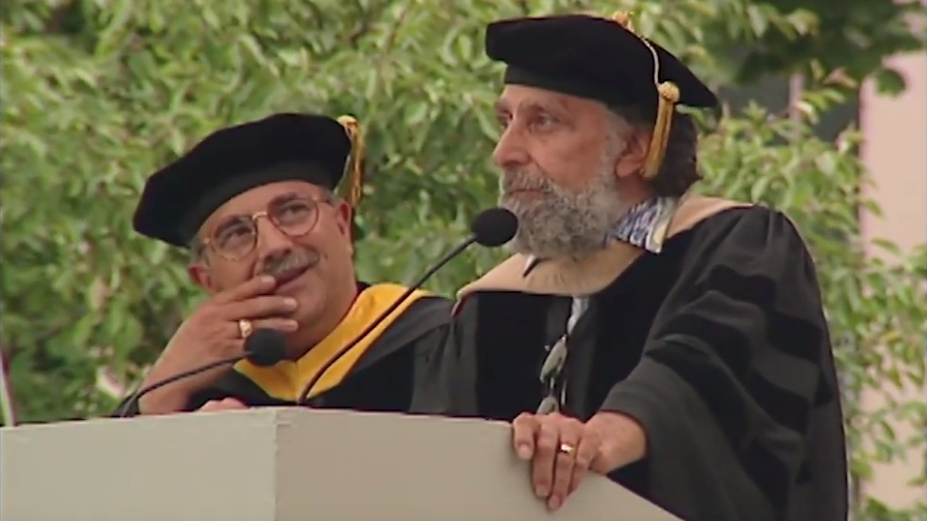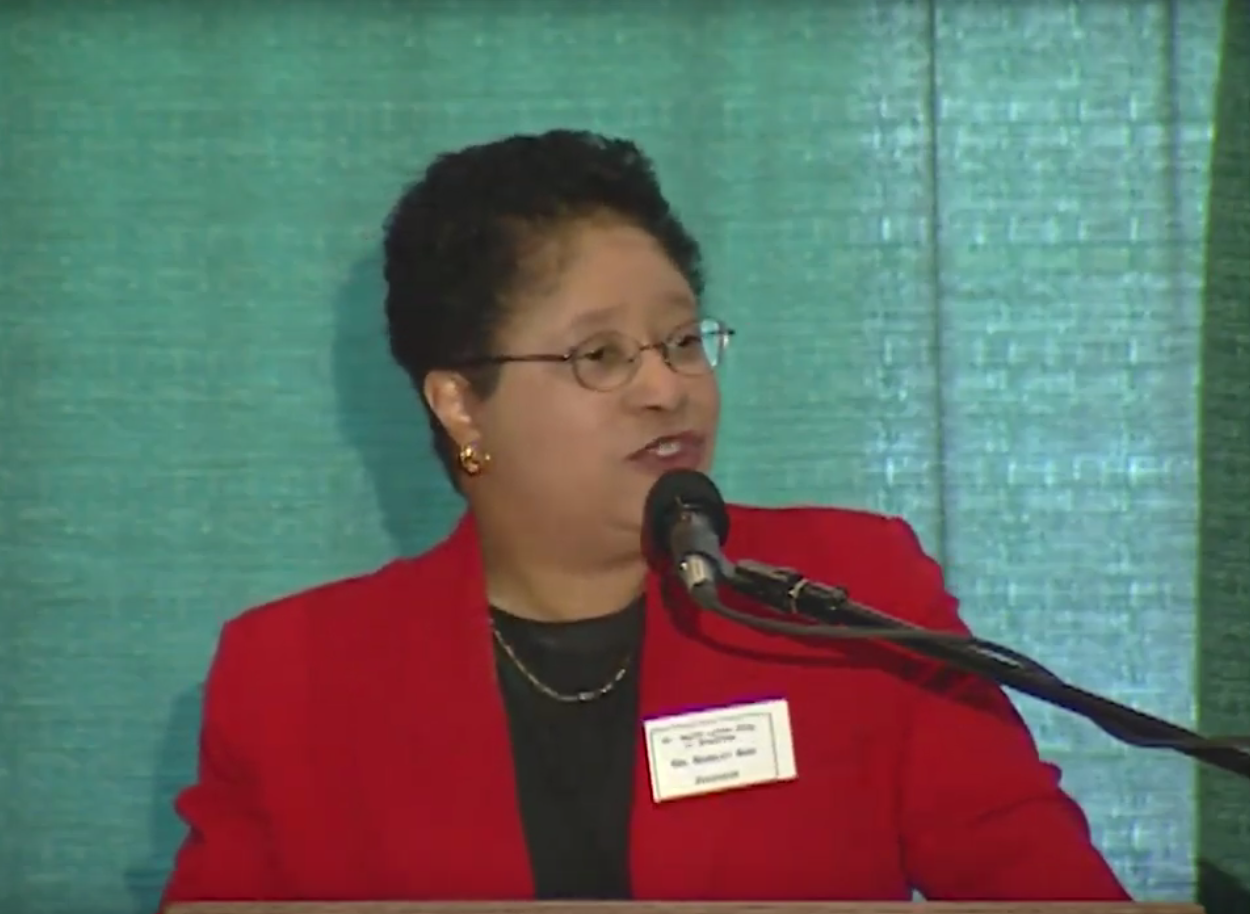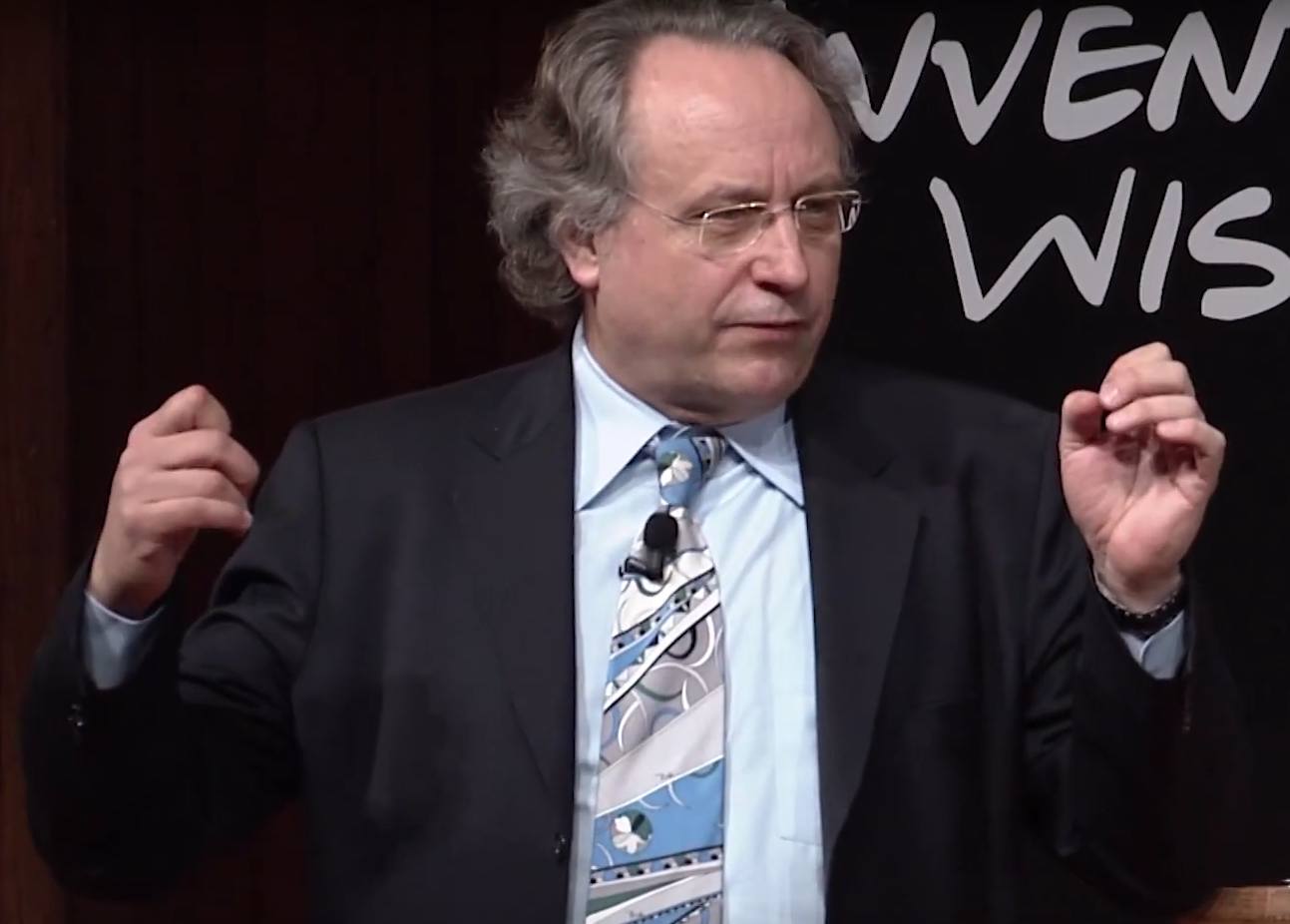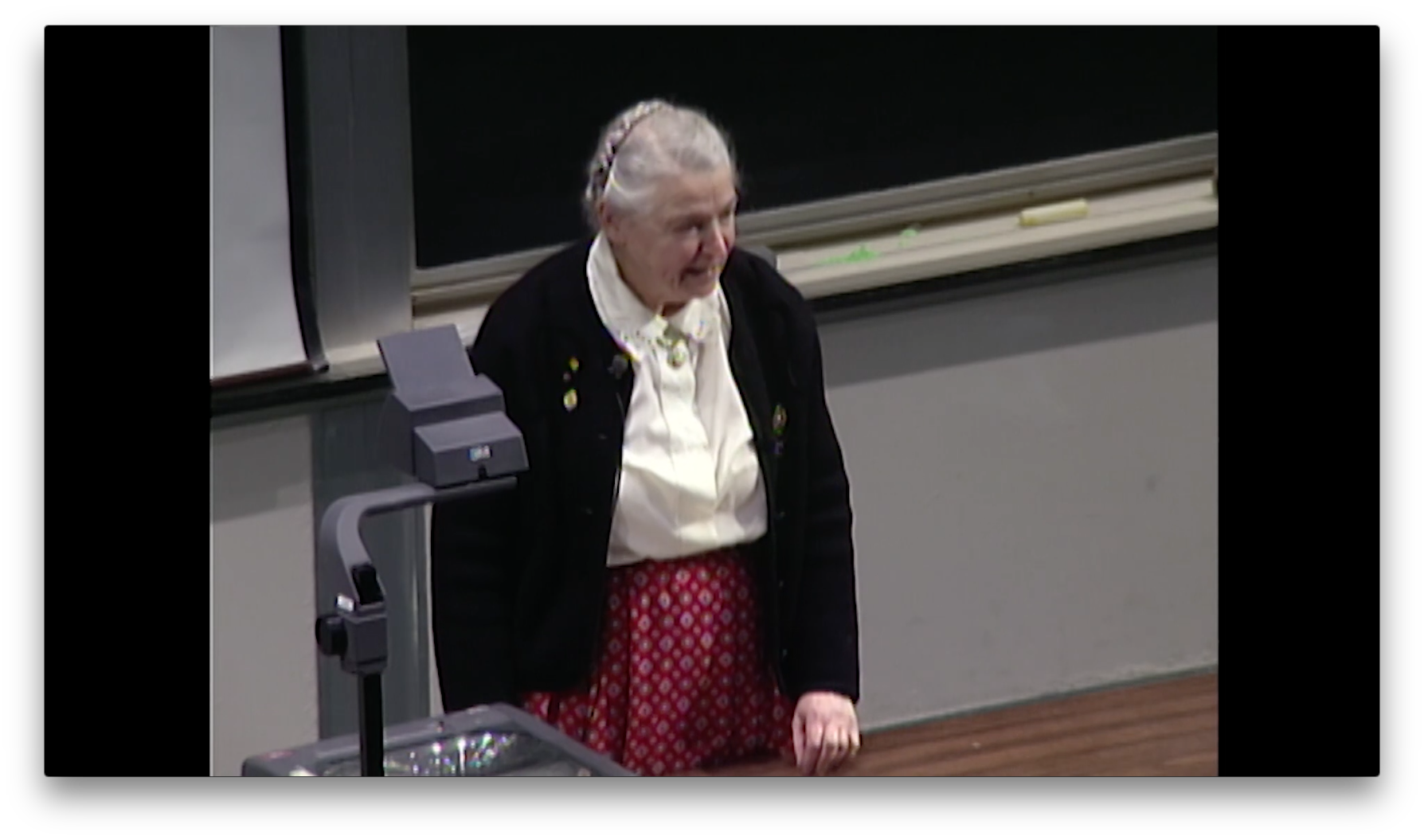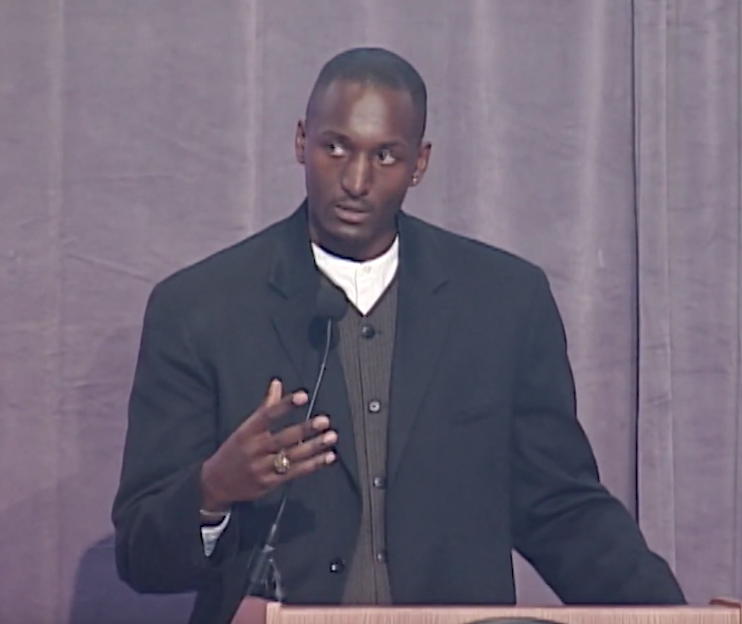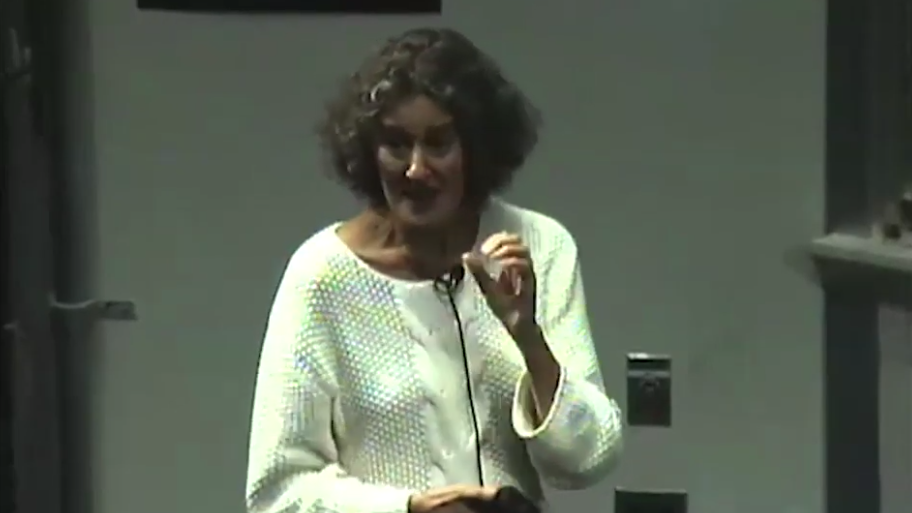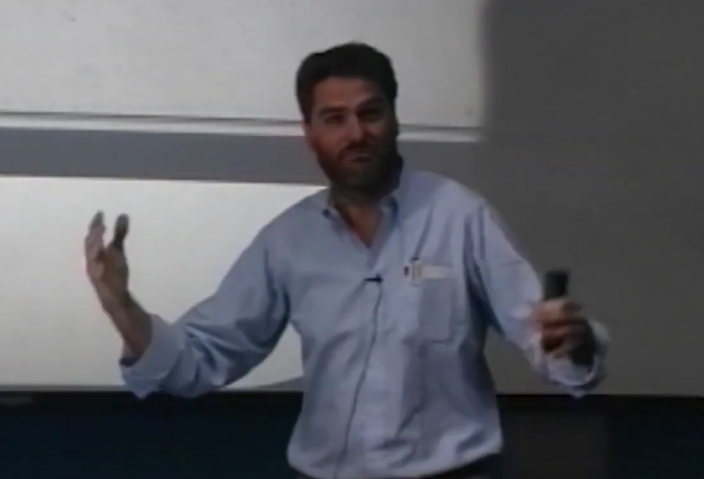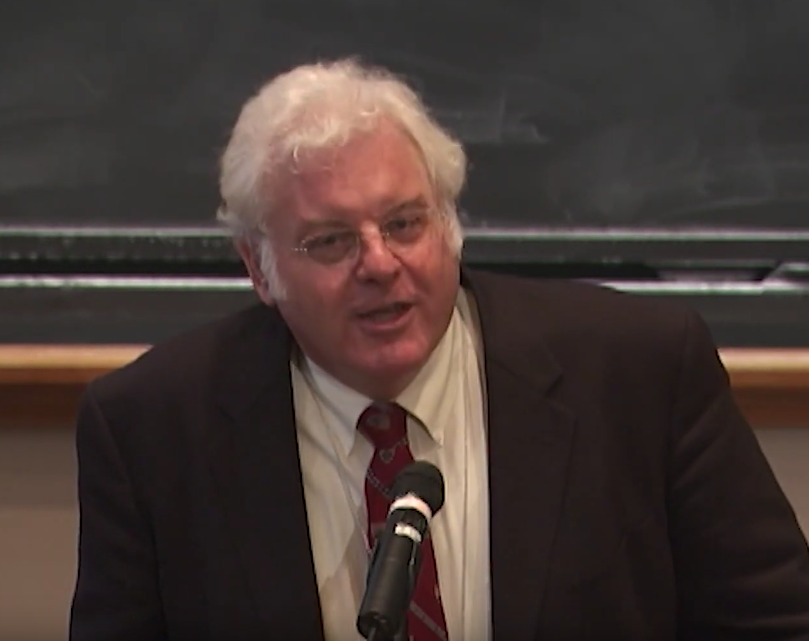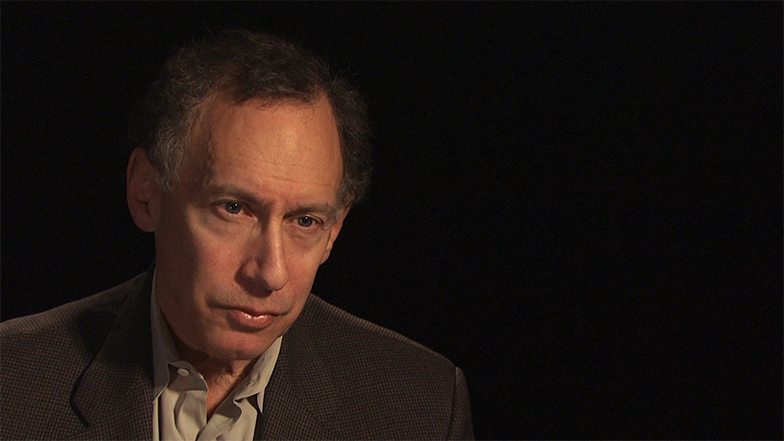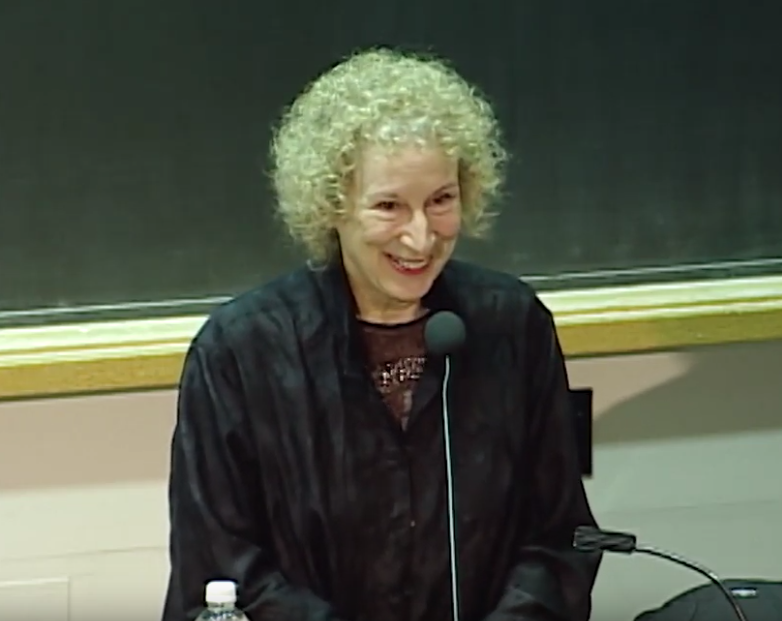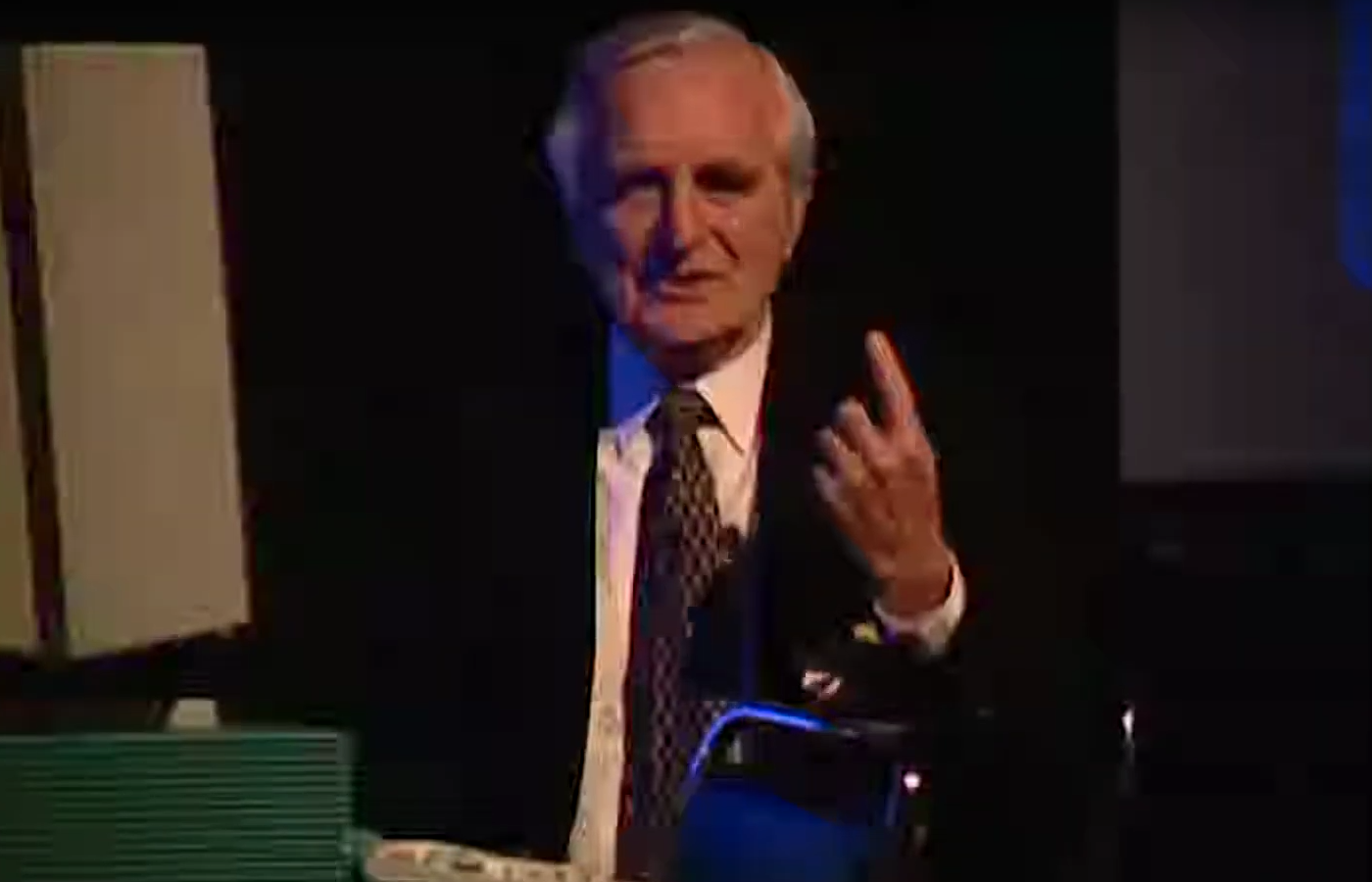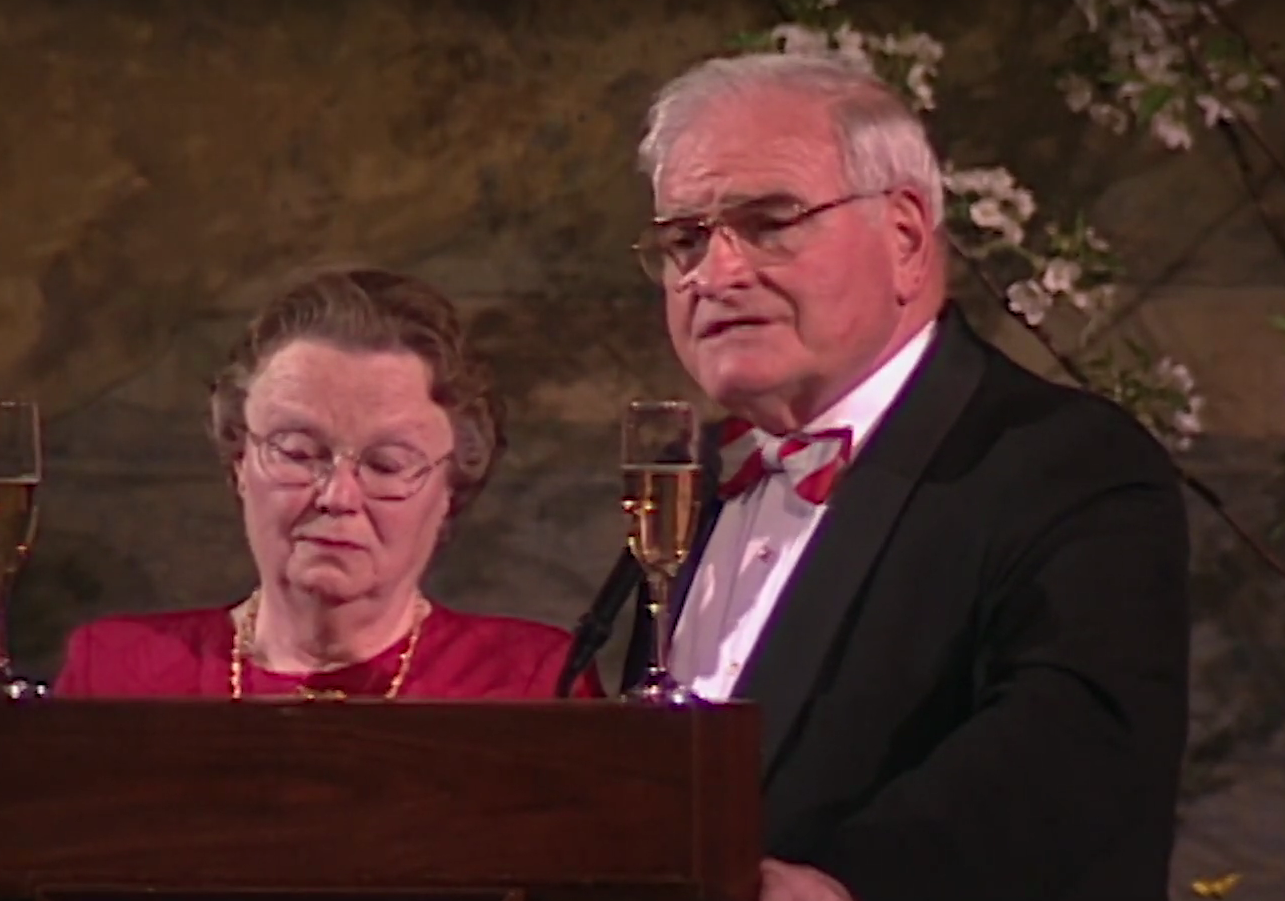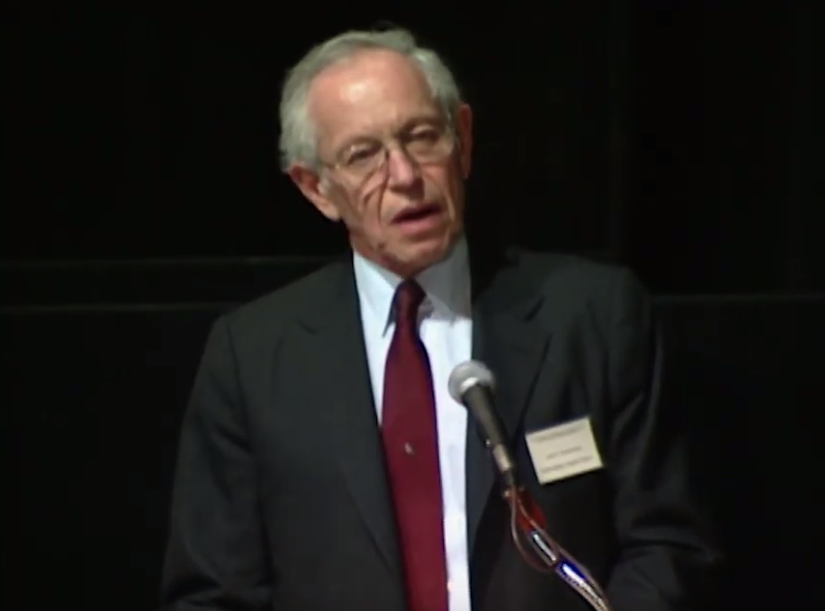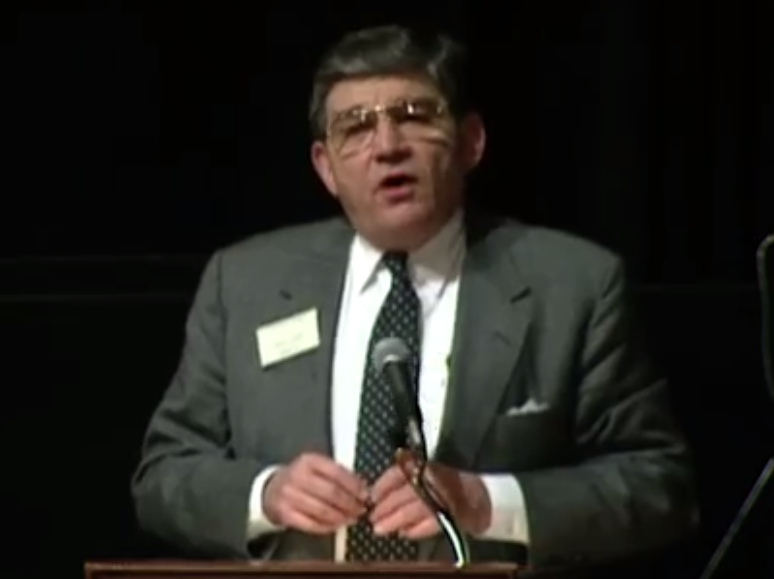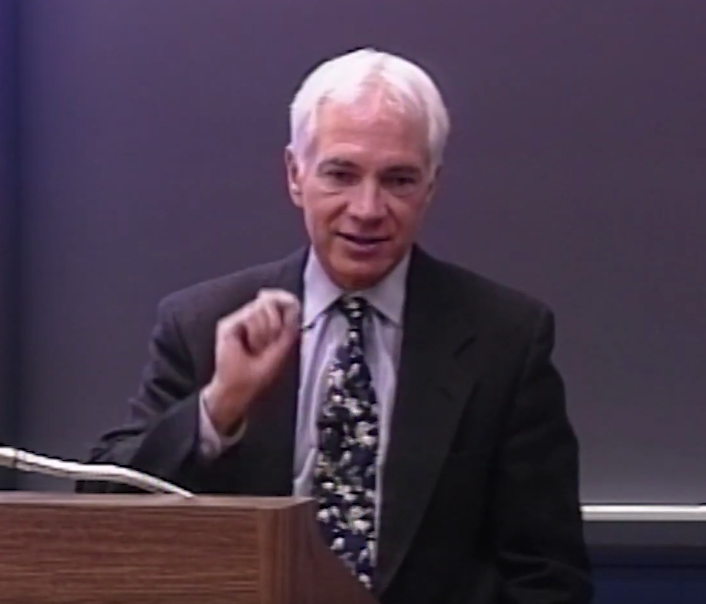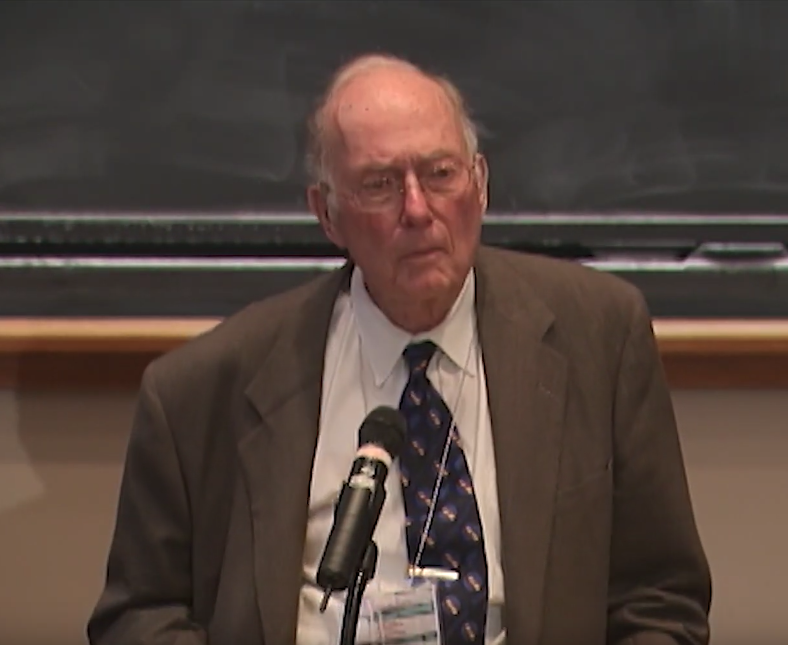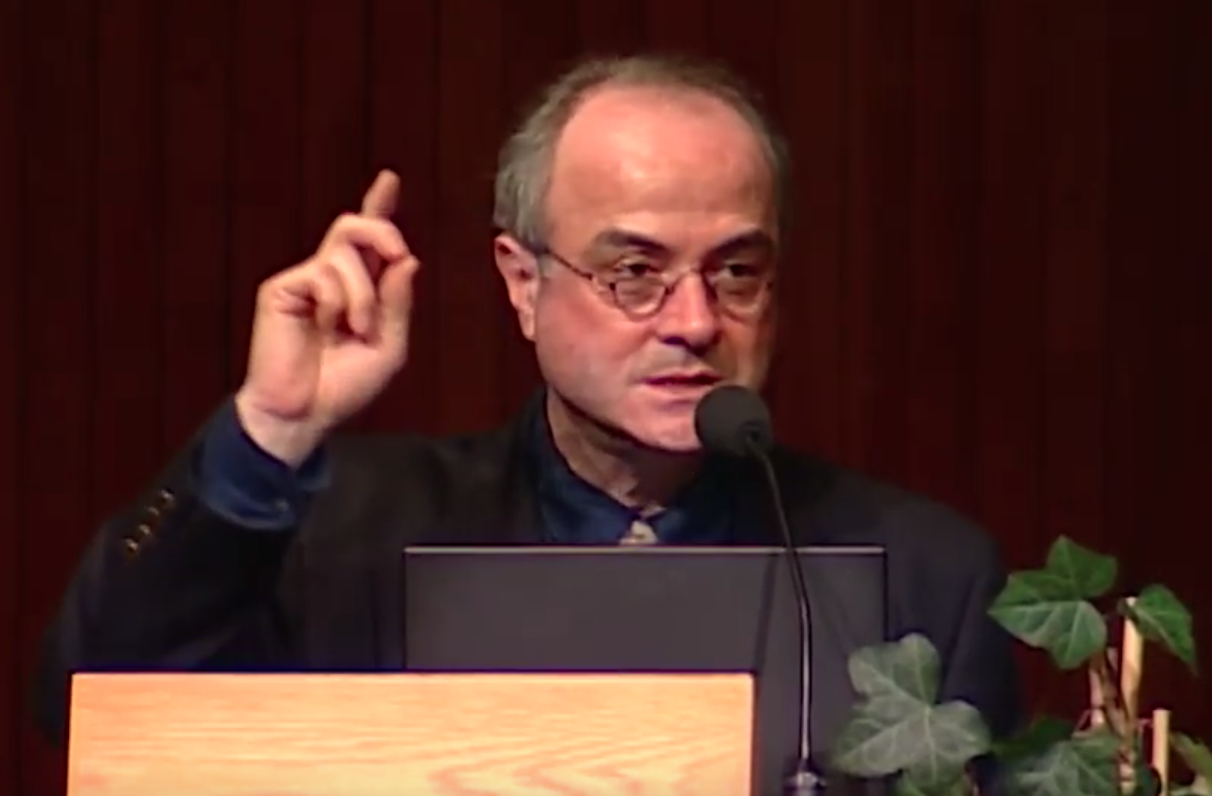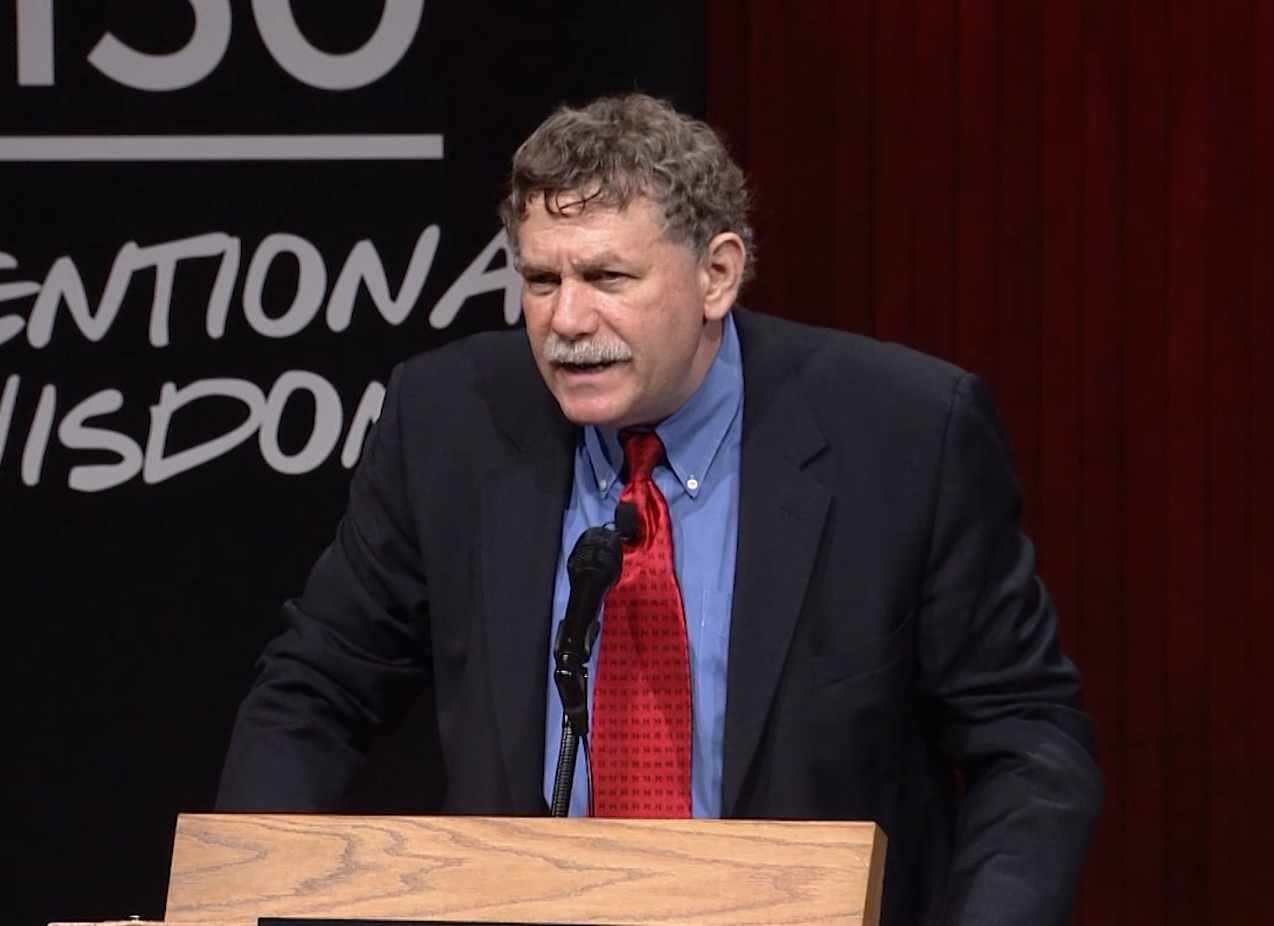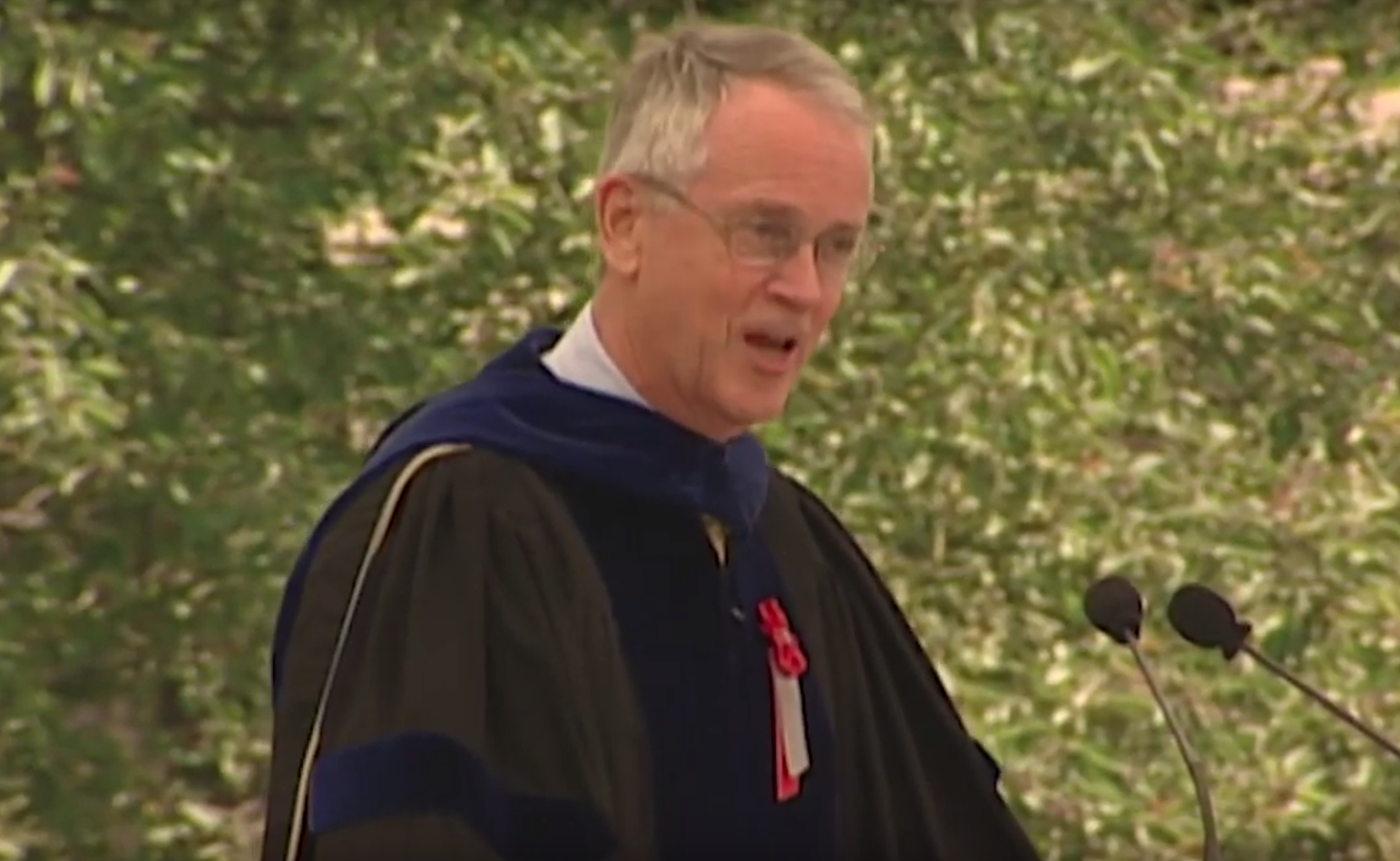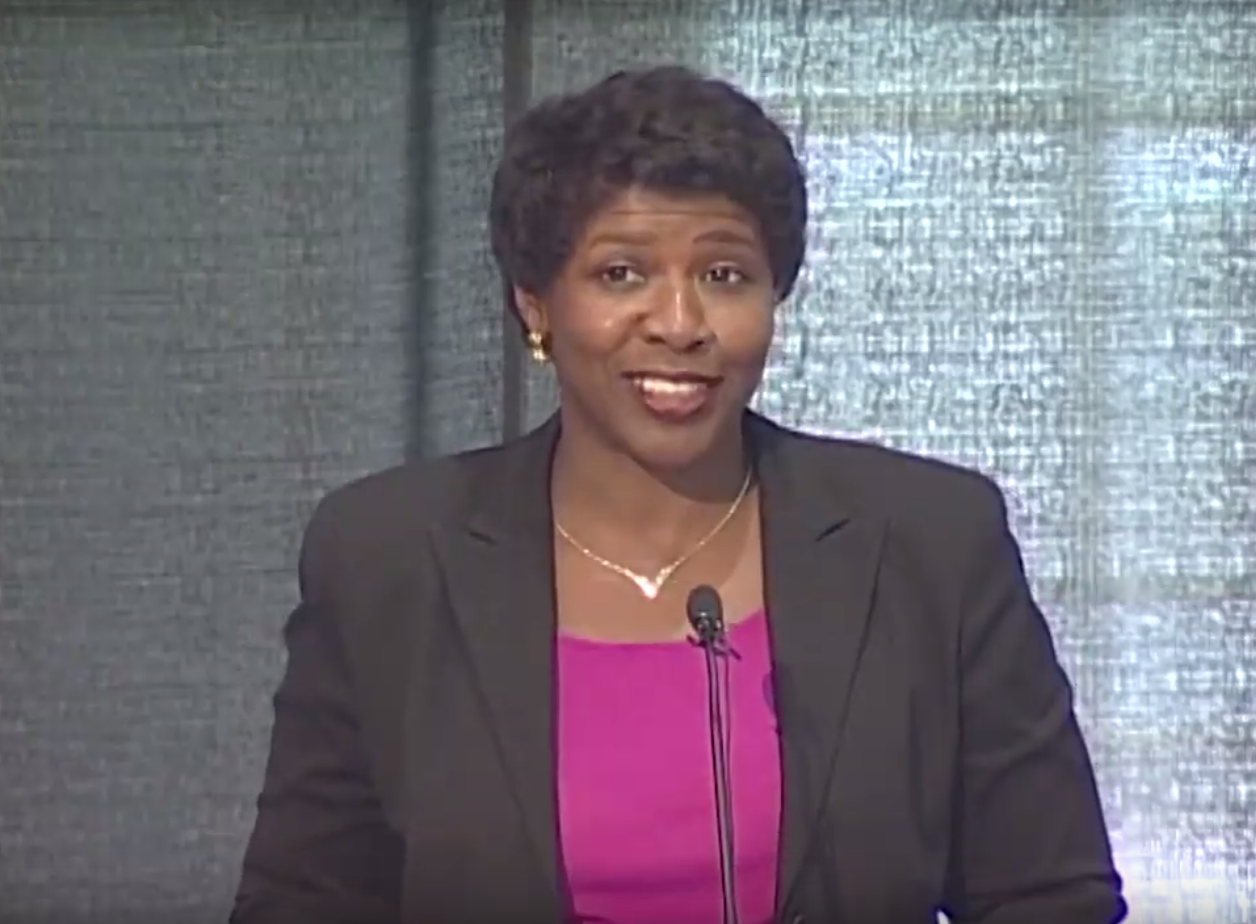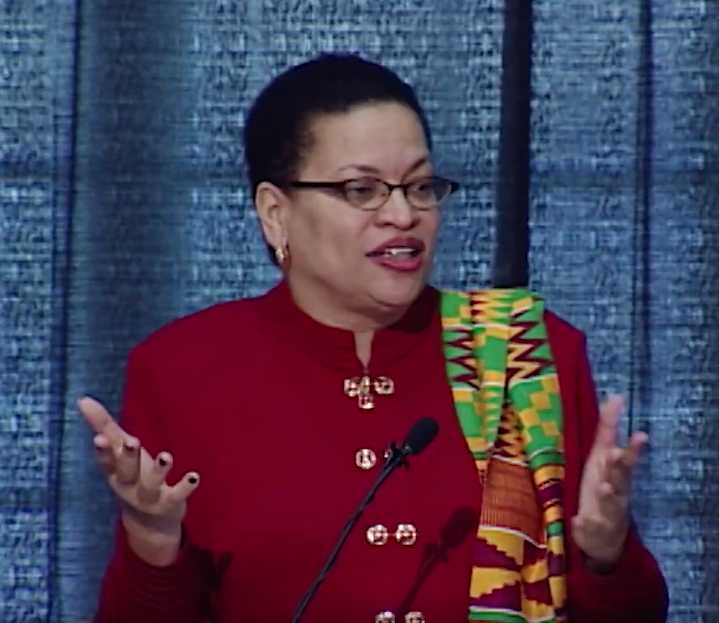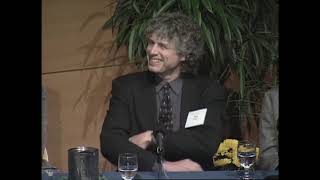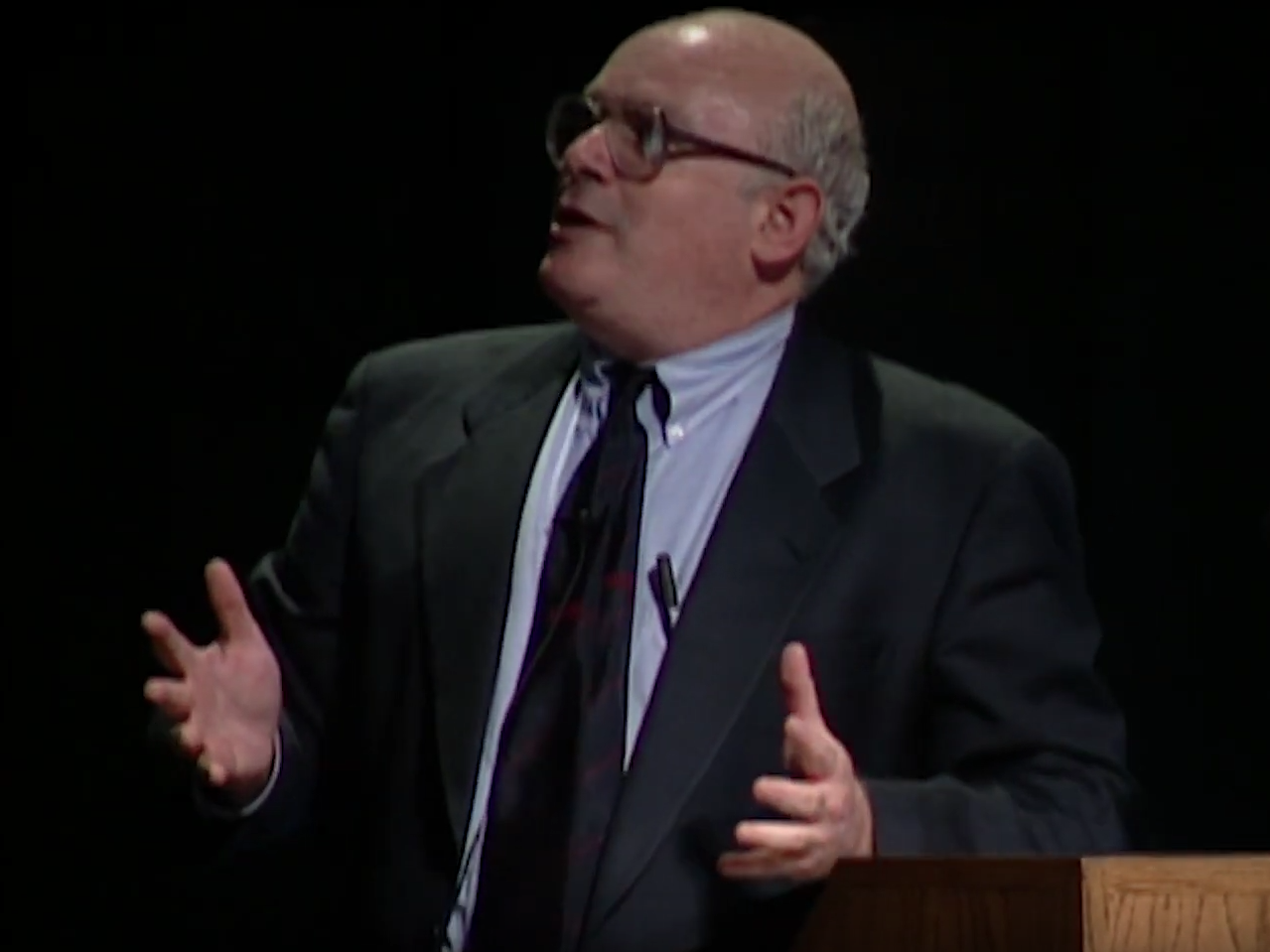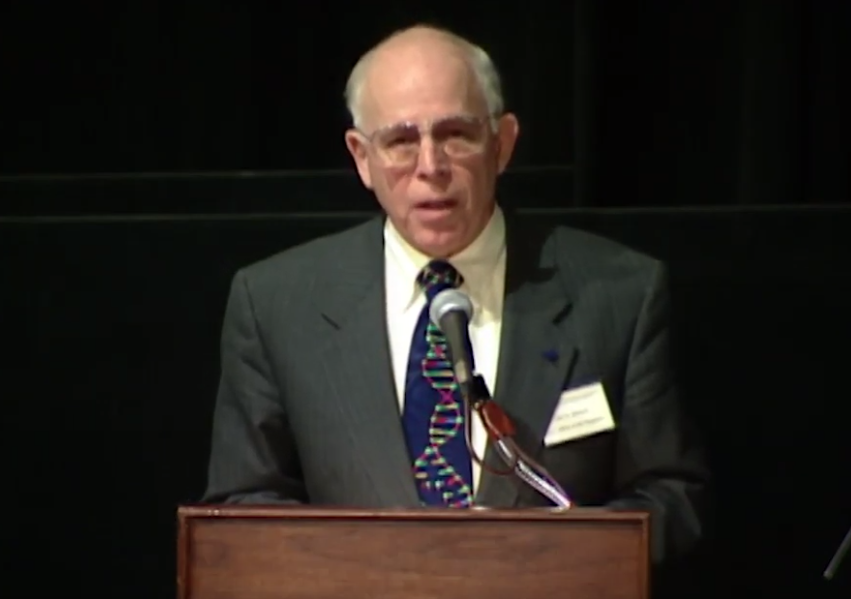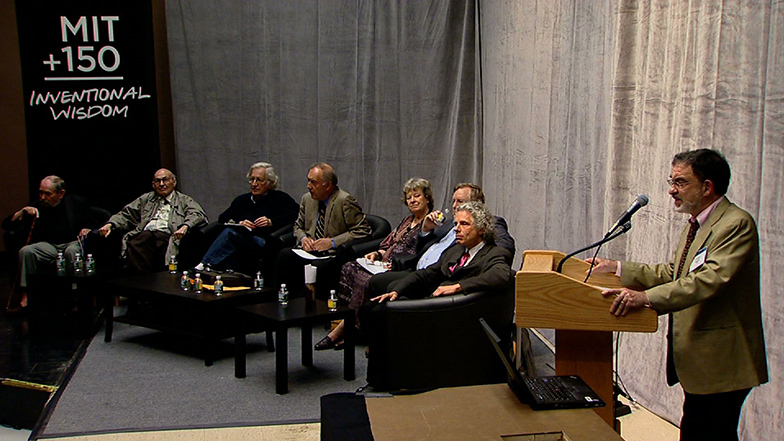Stephen Hawking speaks at MIT - Education and Technology
[MUSIC PLAYING]
PRESENTER: I'd like now to introduce to you Professor Stephen Hawking. In your handouts, you'll find a very elaborate introduction. And you will find very interesting elements in it. As a distinguished educator, researcher, and public communicator, Stephen Hawking has had a transforming effect in his area, and indeed, in all of science. We are deeply appreciative of his commitment to be with us and to share his views of the importance of applying technology to disabled persons. Professor Stephen Hawking.
[APPLAUSE]
HAWKING: Can you hear me?
AUDIENCE: Yes.
HAWKING: Technology has transformed the outlook for the disabled. People like me can now move around independently, and they can communicate. The fact that you are listening to me now shows what technology can do even if it does give me a Scandinavian or American accent.
[LAUGHTER]
The main problem of communicating for people like me who can't speak is what is called the baud rate, that is the rate at which information can be conveyed. Normal speed is between 120 and 180 words a minute. By contrast, a reasonable typist can do 40 to 60 words a minute. Thus, if one were to equip normal people with keyboards, they could communicate at between half and a quarter of the speech rate.
However, many people who can't speak also have other disabilities, like me, and can't use a keyboard. Instead, they have to use one or more switches operated by a head or hand movement. This is where the information flow problem really confronts one.
One might be able to operate a switch two or three times a second. This would mean that one could send information at a rate of two or three bits a second. One bit of information is the answer to a yes/no question. By contrast, if you take an average work to be about five characters, and you assume that any character can follow any other character, normal speech has an information flow rate of between 50 and 75 bits a second.
However, the real information flow in human speech is much less than this. In the case of political speeches, it has practically zero.
[LAUGHTER]
This is because spelling out a sentence letter by letter is inefficient. Most sequences of letters don't make recognizable words, let alone meaningful sentences. So there's a lot of redundancy in specifying every letter. It is much more efficient to pick words, or even whole phrases, from a list of likely ones. In the occasional cases that the words or phrases don't appear on the list, one can always resort to spelling them out letter by letter.
To translate the presses of a switch into letters, words, or sentences requires computers. The development of microprocessors in the last 15 years has meant that virtually unlimited computing power is available at a reasonable cost. What one needs is sufficient software to translate the input from the switch into sentences.
I can manage about 15 words a minute with the equalizer program that I use. That is not too bad, since an information flow rate of three bits a second corresponds to 25 to 30 words a minute. But obviously, there's scope for improvement. Having decoded the signals from some input device, such as a switch, one then has to broadcast it in a form people can understand. This could be visually, with text or diagrams on a screen.
But if you want to communicate like others, which is what people in my position would like, you need to speak. Computerized speech synthesizers have improved a great deal in recent years. And this is important. Not only does one want to be understood, but also one doesn't want to sound like Mickey Mouse or a Dalek. This voice of mine may be a bit tinny and Irish, but it is almost human.
There are other ways in which technology can assist the disabled. For instance, I have infrared and radio environment control with which I can open doors, turn on lights, and operate the television. I also have a mobile phone that I can use to call for help. If one is unfortunate enough to be disabled, this is the age in which to be so.
I probably wouldn't have survived, and I certainly wouldn't have been able to write a best-selling book, I had been born any earlier. The disabled have a lot to thank technology for. That is all I have to say for the moment. Thank you for listening.
[APPLAUSE]
